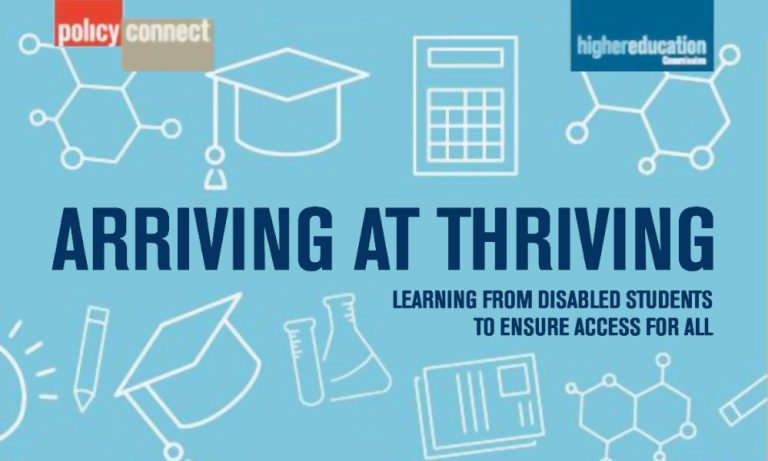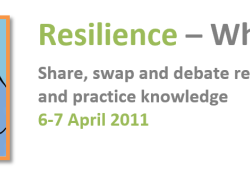This forum explores findings from “Arriving at Thriving: Learning from Disabled students to ensure access for all”, a report by Policy Connect and the Higher Education Commission (October, 2020). This report arose from a public inquiry into the experiences of disabled students in higher education (i.e. college, university, etc.).
Disability voice and education policy – Wed 24 March 2021 – Online Resilience Forum

Related Resources

Politics of resilience – Monday 29 November 2010 – Brighton Resilience Forum
Our fourth Resilience Forum heard from Paul Hoggett and Yvon Guest from the University of the West of England, who opened up some of the small and large politics of resilience in the UK at the present time.

Articles discussion – Monday 10 January 2011 – Brighton Resilience Forum
This session offered the chance to discuss a few resilience articles to get us in the mood for the Resilience – Why bother? Conference we hosted in Brighton in April 2011, including the work of Michael Ungar, our conference keynote speaker.
